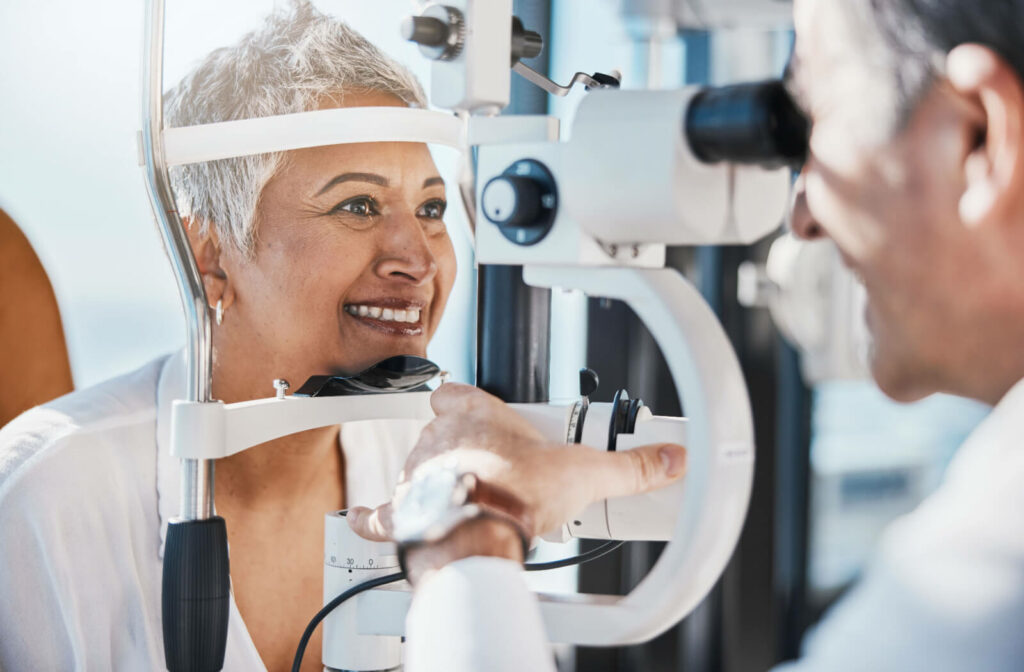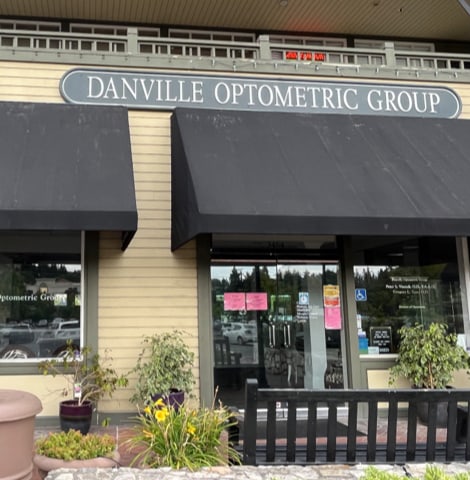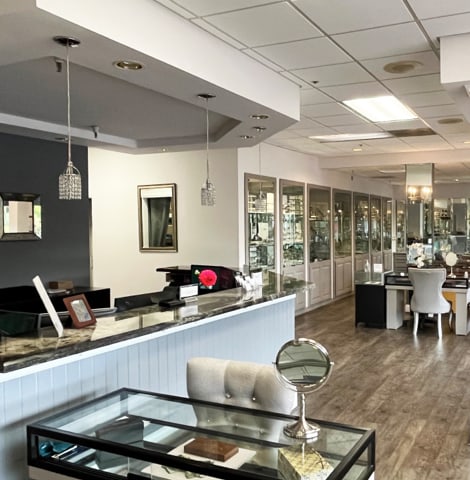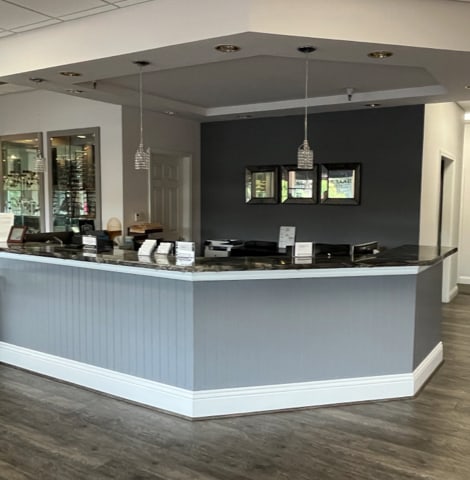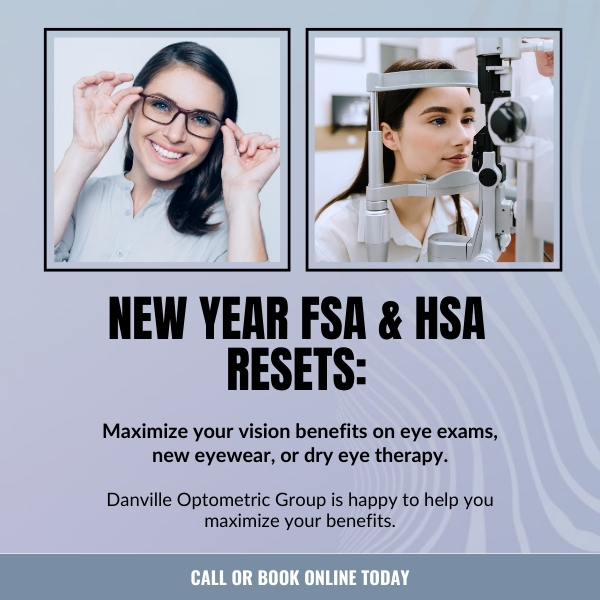Eye exams are much more important than most people think. They’re about more than making sure you see clearly and just needing glasses; they’re your first line of defense against all kinds of potential eye conditions. So what exactly is a routine eye exam, and what should you expect during one?
A routine eye exam is a comprehensive examination of your eyes, vision, and overall health. During these exams, an optometrist thoroughly checks the internal structures of your eyes to determine whether or not you’re at risk of conditions like macular degeneration, diabetes, cataracts or glaucoma. By the end, you’ll have an in-depth understanding of your eyes and vision.
Why Are Eye Exams So Important?
Thinking of eye exams often brings up images of a letter chart on the wall, a machine with different lenses, and an eye-pressure test. While these are crucial parts of the exam, they aren’t just checking how well you see; they’re verifying that your eyes are healthy and disease-free.
Each test in an eye exam serves a purpose—they’re designed to check for early signs of all kinds of different eye conditions. Your optometrist is going to carefully work through each of these tests to look for conditions like:
- Refractive errors, like myopia (nearsightedness), hyperopia (farsightedness), and astigmatism (an irregular cornea)
- Glaucoma, a group of eye conditions that damage the optic nerve, potentially leading to blindness if untreated.
- Diabetic retinopathy, where damage to the blood vessels in the retina develops due to diabetes.
- Cataracts, the clouding of the eye’s lens leading to decreased vision.
- Age-related macular degeneration, a condition affecting the central part of the retina (the macula).
Your optometrist can even see signs of thyroid problems, high blood pressure, elevated cholesterol, and more. Eye exams aren’t just about seeing clearly or getting a new pair of glasses; they’re a key part of taking care of your overall health. These conditions can all develop extremely slowly, and without an eye exam, they can progress to a point where they begin to affect your quality of life.
What to Expect From a Routine Eye Exam
When you come to see our team at Danville Optometric Group for a routine eye exam, the process begins the moment you walk through our door. You can break the exam into 3 key stages, each as important as the others.
Before the Eye Exam
Before your eye exam, you’ll be asked about your medical and family history. This lets your optometrist get an in-depth understanding of whether or not you’re at risk of genetic conditions like nearsightedness or farsightedness.
Make sure you bring along the following information:
- Any previously-diagnosed conditions
- Your current eyeglass and contact lens prescription
- Any medication you’re currently taking
- Any unusual symptoms you’ve recently experienced
This valuable information lets us tailor the exam to your exact needs.
During the Exam
During the exam, we’ll work through a series of different tests, each designed to check a different aspect of your vision and eye health. These tests may include (but are not limited to):
- Visual acuity test: This measures how clearly you can see.
- Refraction assessment: This determines your prescription for glasses or contact lenses.
- Slit-lamp examination: This allows the optometrist to examine the structures of your eye more closely.
- Corneal mapping: This checks the shape and condition of your cornea.
- Retinal imaging and a dilated exam: This provides a detailed view of the retina and optic nerve.
- Tonometry: This measures the pressure inside your eyes to check for glaucoma.
If you have any questions during the test, feel free to ask! Our team is happy to answer any and all questions you may have; your comfort is our top priority.
After the Exam
After the exam, we’ll take some time to discuss the results with you. If you’ve had a change in prescription, the updated information will be provided. Meanwhile, if we’re worried about any potential problems, we’ll give you a personalized treatment plan going forward. Whether you need further testing, treatment, or lifestyle adjustments, our team will work with you to find a solution.
How Often Should You Get Examined?
Eye exams are crucial; they’re a simple way to stay on top of your eye health and vision. It’s recommended to schedule routine eye exams at least once per year no matter your age; this lets your optometrist monitor any changes in your eyes and address problems long before they damage your vision. Sometimes it is recommended to be seen every six months depending on your medical health history and retinal findings.
If you have a family history of eye problems or medical conditions—or are experiencing anything unusual—it can help to visit your optometrist more often. Don’t put your vision at risk!
Is It Time for Your Next Eye Exam?
If you think it’s time for your next eye exam, come see our team at Danville Optometric Group. We can examine your eyes and determine whether or not you’re at risk of future problems. Whether you’re looking for an updated prescription or a better understanding of your eyes and vision, we can help, so schedule an appointment with us today!


